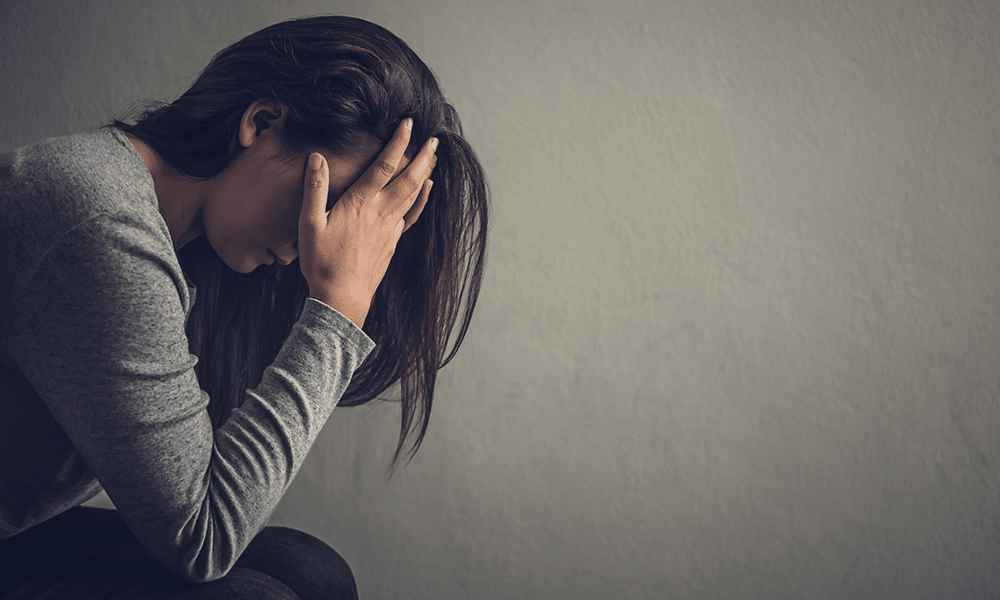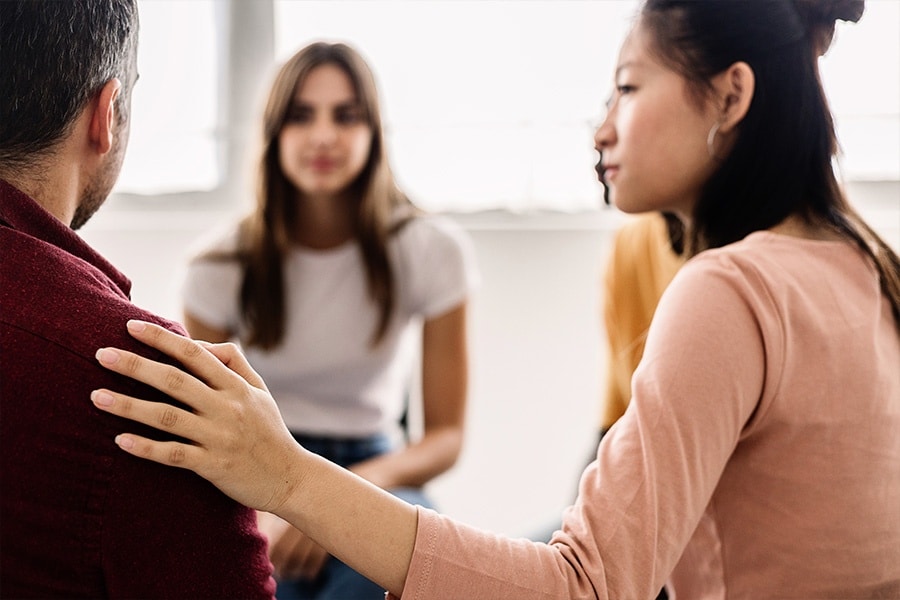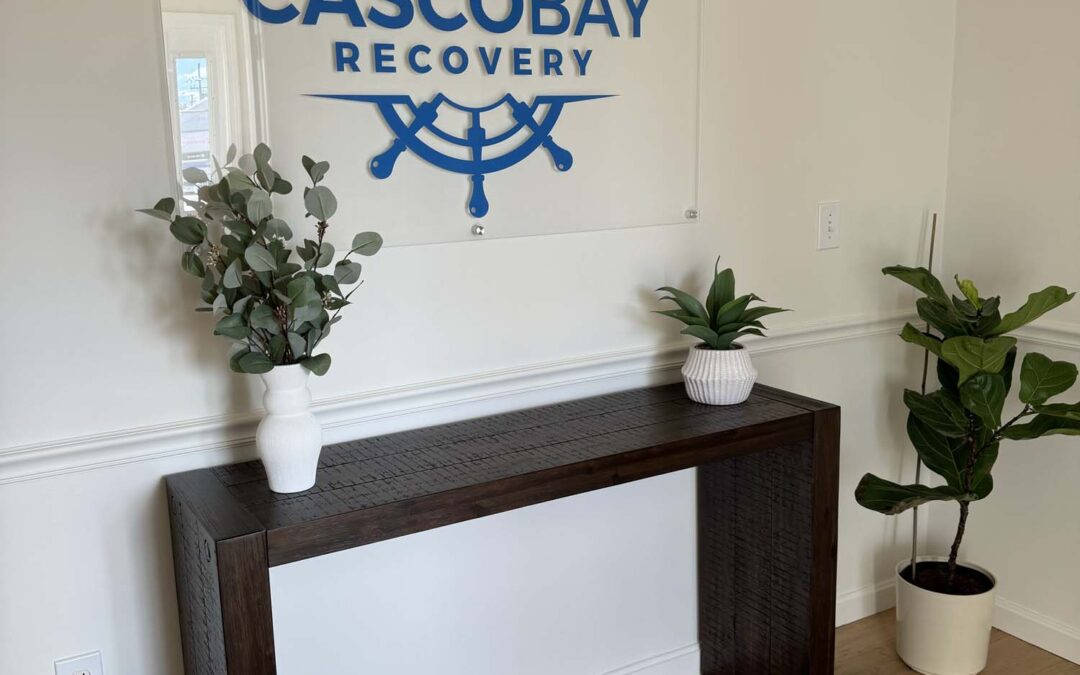Social media has become an undeniable force in our lives. It offers a constant stream of connection, information, and entertainment. However, for those in addiction recovery, social media can present a unique set of challenges. While it can be a valuable tool for support and community, it can also be a minefield of triggers that can threaten your sobriety.
This article will explore the complex relationship between sobriety and social media. We’ll discuss the potential benefits and drawbacks of social media use in recovery, and provide tips for navigating these platforms in a way that safeguards your mental health and supports your journey towards lasting wellness.
The Upsides of Social Media in Recovery
Social media can be a powerful tool for those in recovery. Here are some of the ways it can be beneficial:
- Connection and Community: Social media platforms can connect you with a supportive community of people who understand the challenges of addiction recovery. Facebook groups, online forums, and recovery-oriented Instagram accounts can provide a sense of belonging and shared experience.
- Motivation and Inspiration: Witnessing the success stories of others in recovery can be a powerful motivator. Social media allows you to follow recovery influencers, treatment centers like Casco Bay Recovery, and other inspiring individuals who can provide encouragement and hope.
- Accountability: Sharing your recovery journey on social media can be a powerful form of accountability. Knowing that others are following your progress can help you stay committed to your goals.
The Downsides of Social Media in Recovery
Despite the potential benefits, social media can also be a source of challenges for those in recovery. Here are some of the potential drawbacks:
- Triggers: Social media can be filled with triggers, such as images of alcohol or drug use, or posts from friends who are still using. These triggers can be powerful and can lead to cravings or relapse.
- Unrealistic Comparisons: Social media often presents a curated version of reality. Seeing others’ seemingly perfect lives can lead to feelings of inadequacy and social comparison, which can negatively impact your mental health.
- Isolation: Spending too much time on social media can lead to feelings of isolation and disconnection from the real world. It’s important to maintain a healthy balance between online and offline interactions.
Creating a Healthy Relationship with Social Media in Recovery
Here are some tips for navigating social media in a way that supports your recovery:
- Be mindful of who you follow: Surround yourself with positive and supportive accounts. Unfollow anyone who triggers cravings or negative emotions.
- Limit your screen time: Set specific times for checking social media and stick to them. Avoid using social media before bed, as the blue light emitted from screens can disrupt sleep.
- Focus on real-life connections: Social media can be a great complement to your recovery journey, but it shouldn’t replace real-life connections. Prioritize spending time with supportive friends and family members in person.
- Practice mindfulness: Be mindful of how social media makes you feel. If you notice yourself feeling anxious, envious, or triggered, take a break from the platform.
Remember: You are in control of your social media experience. Don’t be afraid to curate your feeds and set boundaries to protect your mental health.
Additionally, consider these tips:
- Utilize privacy settings to control who can see your posts and limit unwanted interactions.
- If you find yourself struggling with social media, talk to your therapist or counselor. If you don’t have one, reach out to Casco Bay Recovery. They can help you develop a plan for safe and healthy social media use.
Remember, you are not alone on your recovery journey. Social media can be a valuable tool for support and connection, but it’s important to use it mindfully. By following these tips, you can navigate social media in a way that protects your mental health and promotes lasting recovery.
References:
- National Institute on Mental Health: https://www.nimh.nih.gov/news/social-media
- Substance Abuse and Mental Health Services Administration (SAMHSA): https://www.samhsa.gov/
- The Jed Foundation: https://jedfoundation.org/jed-urges-greater-understanding-of-the-connection-between-substance-misuse-and-youth-mental-health/








